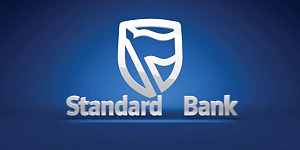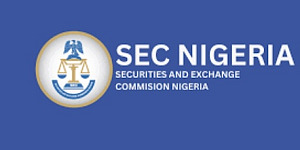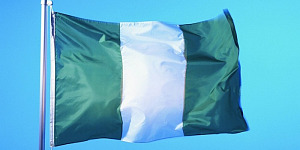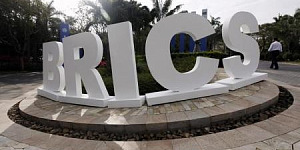Moody's Investors Service ("Moody's") has affirmed Nigeria's B2 long-term issuer ratings and senior unsecured rating and its (P)B2 senior unsecured MTN programme rating and maintained the negative outlook.
The negative outlook continues to reflect the material downside risks to Nigeria's creditworthiness identified when the outlook on the sovereign's rating was changed to negative in December 2019. However, those risks have increased since then, exacerbated by the oil price shock and the financial and economic implications of the coronavirus outbreak. The rapid and widening spread of the outbreak and related price shocks are creating an unprecedented credit shock across a wide range of regions and markets. For Nigeria, these shocks amplify existing credit vulnerabilities both over the immediate and longer term. In the near term, the significant drop in oil revenues will reduce an already extremely low tax base, undermining fiscal strength. Combined with possible capital outflows, pressure on the fragile balance of payments may intensify, threatening external stability. In the longer term, the impact of the coronavirus on growth, particularly in the large informal sector, may weaken economic strength. The sovereign's very low institutions and governance strength is likely to constrain the effectiveness of government measures to buffer the impact of the economic and financial shock.
The risk of such stresses materializing is rising, and while the negative outlook also encompasses longer-term challenges, downward pressure may materialize relatively early on in the outlook horizon. While not Moody's current expectation, indications that the government was contemplating participation in broader debt relief initiatives with negative consequences for private sector creditors would be negative for the rating.
Set against these rising pressures, Moody's affirmation of Nigeria's B2 ratings also takes into account the government's relatively low debt burden in relation to GDP and commensurately low annual borrowing requirements, its low external debt service needs over the next few years and the capacity of the large banking sector to absorb more government debt. These credit features lower the probability of imminent and severe liquidity or balance of payments stresses relative to some 'B'-rated peers.
Nigeria's country risk ceilings remain unchanged at their current levels: the foreign-currency bond ceiling at B1, the foreign-currency deposit ceiling at B3, and the local-currency bond and deposit ceilings at Ba1.







































